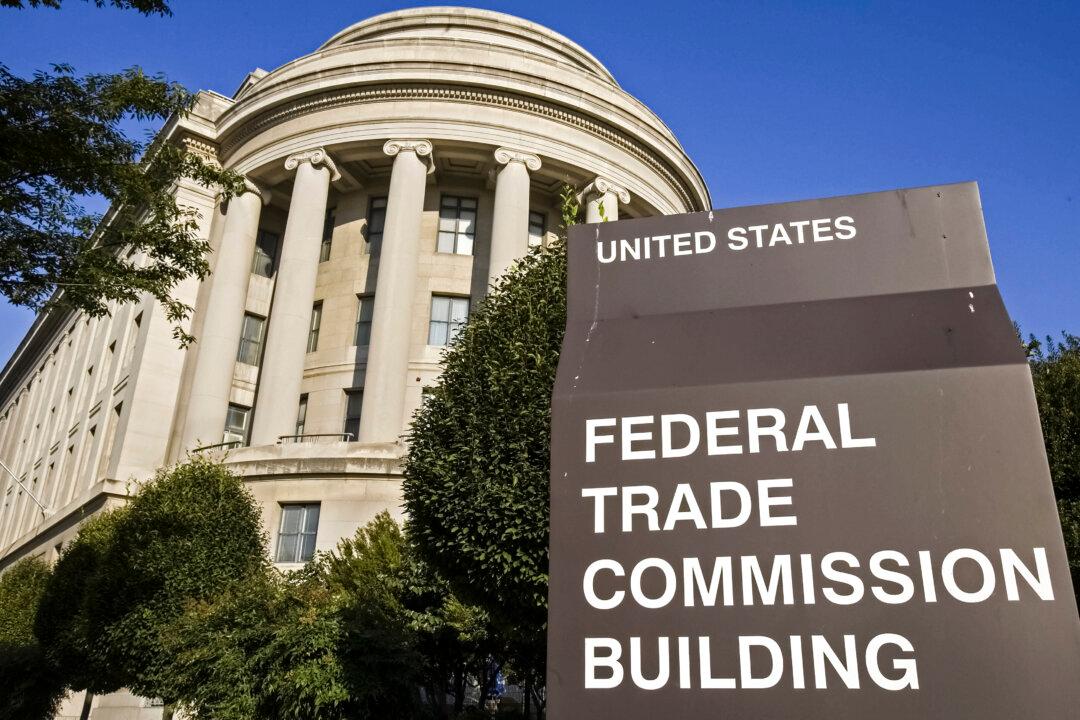A federal judge in Pennsylvania rejected a request by a tree service company to block the Federal Trade Commission’s (FTC’s) ban on noncompete contracts on grounds of regulatory overreach, diverging from a Texas federal court’s decision that found the FTC exceeded its authority with the ban and setting up a potential showdown before the U.S. Supreme Court.
U.S. District Judge Kelley Hodge in Philadelphia wrote in a July 23 order that the FTC has the power “to prevent unfair methods of competition in commerce” under the 1914 Federal Trade Commission Act, an authority that extends contracts that prevent employees from working for rivals or starting a competing business after they leave their jobs.





